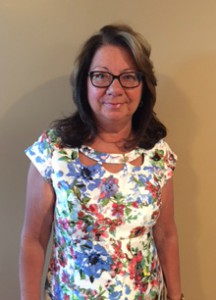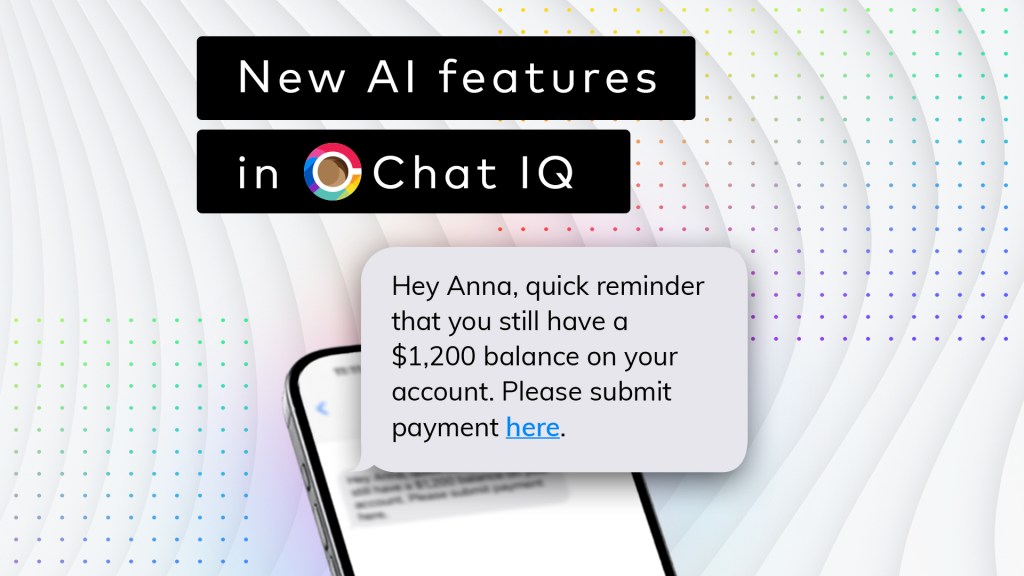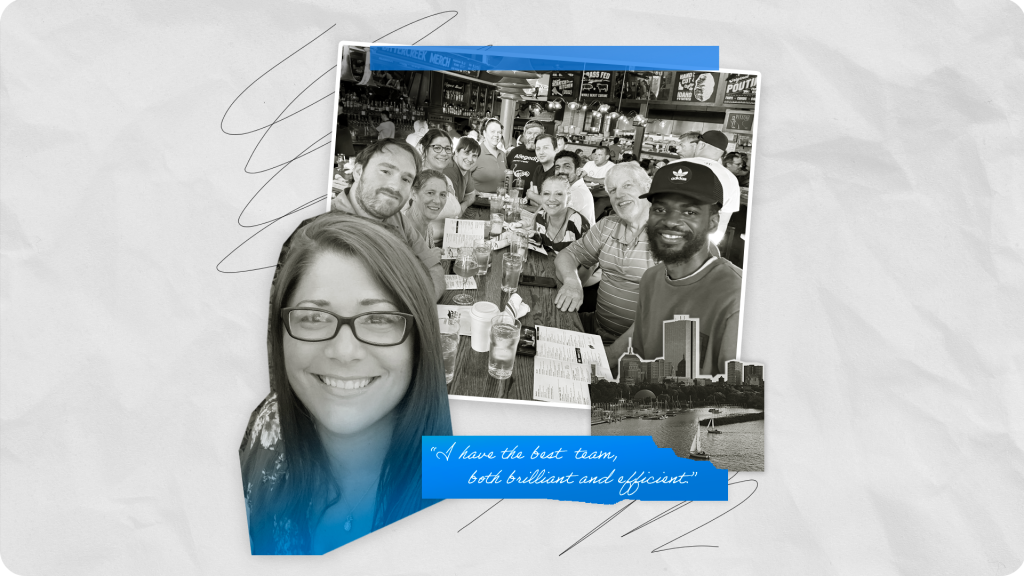By Cutright Elizabeth on August 9, 2016 in People
With thirty years of experience in nursing and senior care, Rhonda Knisley understands the power of ditching paper records for digital data.
For the last three decades, Rhonda Knisley has watched healthcare change from paper archives and prescription pads to digital data and mobile record keeping. All along, she’s focused on providing senior living residents with personalized care while being at the forefront of some the industry’s newest technologies and services.

Rough and Rewarding
“When I started my job 30 years ago, I walked into the building and down the longest hall. There were 35 residents all lined up on one side of the hallway in their wheelchairs. I looked at them and thought to myself, ‘This may be the worst job I’ll ever have,’” she admits.
“But then I absolutely loved it! I walked in as a floor nurse and within six months, I was the director of nursing. Within a year, I was the executive director of nursing. In the end, I became a consultant. Overall, it’s been very rewarding.”
As Director of Nursing for First Community Village, Rhonda Knisley has done everything from coordinating software implementations to running multi-facility nursing operations.
“I loved working in the continuing care arena,” she says. “I’d see people come into the healthcare center and then transition back into the community, and I can see how they are able to stay connected with their friends and family.”
A Multifaceted Population
Headquartered Ohio, National Church Residences is the nation’s largest not-for-profit provider of affordable senior housing and services with 340 communities in 28 states and Puerto Rico. At First Community Village, a National Church Residence property located in Arlington, OH, the community residents encompass a varied demographic.
“We have a very affluent population, and because it’s Upper Arlington, close to “The Ohio State University”, we have many retired physicians, attorneys, and educators,” says Rhonda. “I’d say that describes about 80% of our independent living population, while in the healthcare center itself we get everyone from the community, all types of people.”
“This CCRC was built by the people in Upper Arlington for themselves and their parents,” she continues. “They wanted to make sure they would have a place to go once they retired or needed additional health care”
Electronic Adaptation
Over the last three decades, Rhonda has helped with seven Optimus implementations, and she knows firsthand how making the switch to electronic health records benefits staff, residents, and the entire senior living facility.
“Before I started with National Church Residences, I was a corporate nurse at the Macintosh Company,” says Rhonda. “It’s a small company in Columbus, and they were actually one of Optimus’s first customers. We implemented it in all five of our buildings, and I played a key role in that process.”
“So when I moved over to National Church Residences, and they said, ‘We’re starting this new clinical program called Optimus, do you know anything about it?’” I said, “Yes I do and, here we go!”
Streamlining the Day-to-Day
For Rhonda, keeping tabs on operations is essential to providing the best care for her residents. Thanks to Optimus, Rhonda starts her day with full access to a whole host of data, from incident reports to medication requests and more.
“As the director of nursing I love being able to go in, run my reports, and find out what’s happened in the last 24 hours since I’ve been there,” she explains. “Every day when I come into work, the first thing I do is pull that report up and look and see who went to the hospital and who came back and make sure that data is correct.”
“I have a very set routine,” she continues. “I find that if I do these things every day before the day starts, my day goes very well, and all of it is due to Optimus.”
Many different departments, from nursing the executive suite, can use the information Optimus collects.
“Our company extrapolates the information and puts it into different set of reports,” she explains. “One valuable report we run is called Quality Care Summary (QCS). It is invaluable because it gives me statistics on all my catheters, pain, admissions, readmissions, and psyche drugs. It’s just phenomenal.
A New Phase
After 30 years working with residents and caregivers, Rhonda is switching things up once again as she takes over as regional director of clinical services for National Church Residencies.
“It’s been fascinating working there, I just loved it,” she says with a smile.
“I haven’t had many jobs, but every time I’ve changed a job positions, I’ve always felt like so glad when it was my last day, anticipating change. This time, I don’t feel that way. I love my residents and my staff. But I’m really excited for my new role too – it will be great.”


